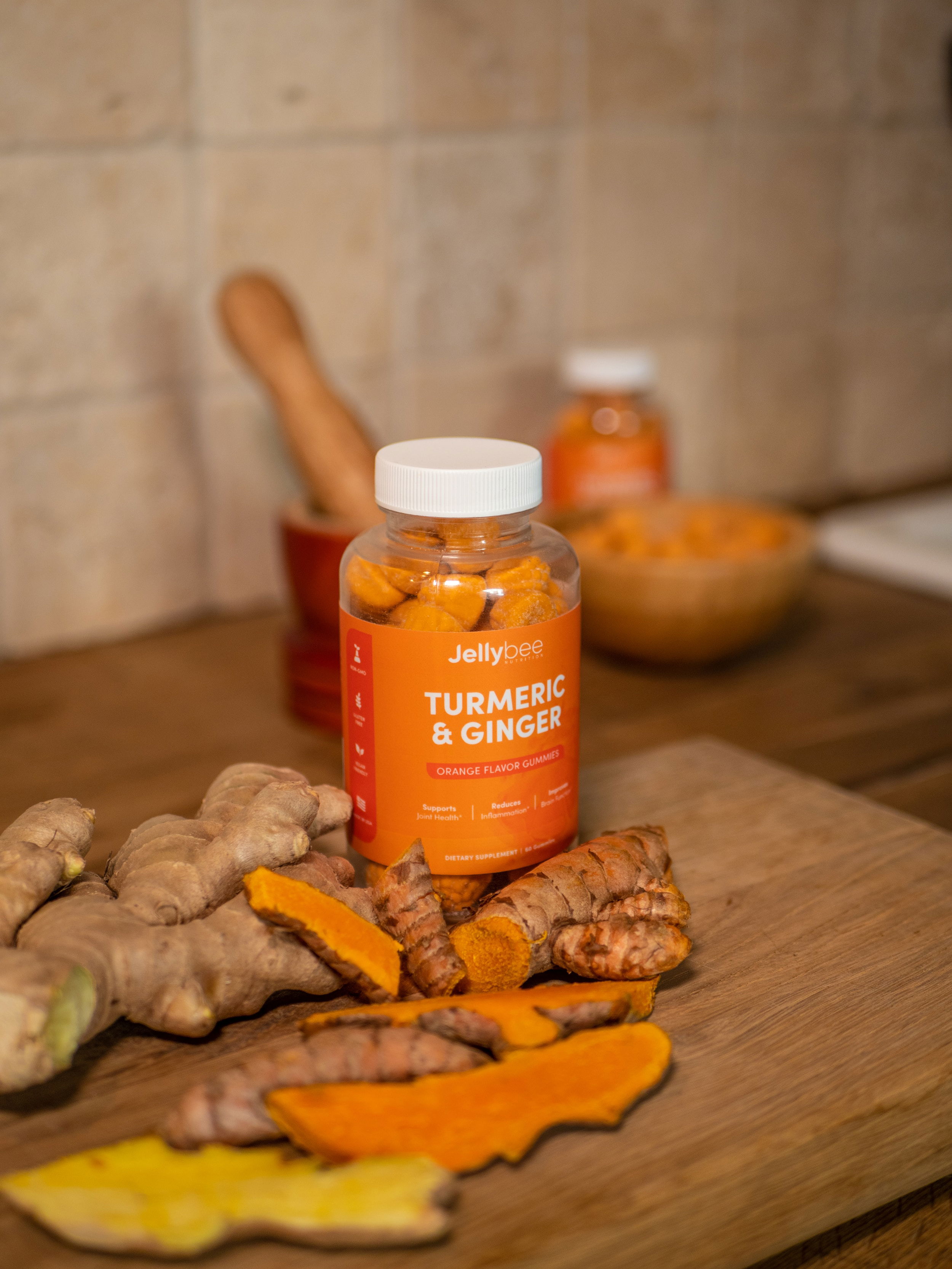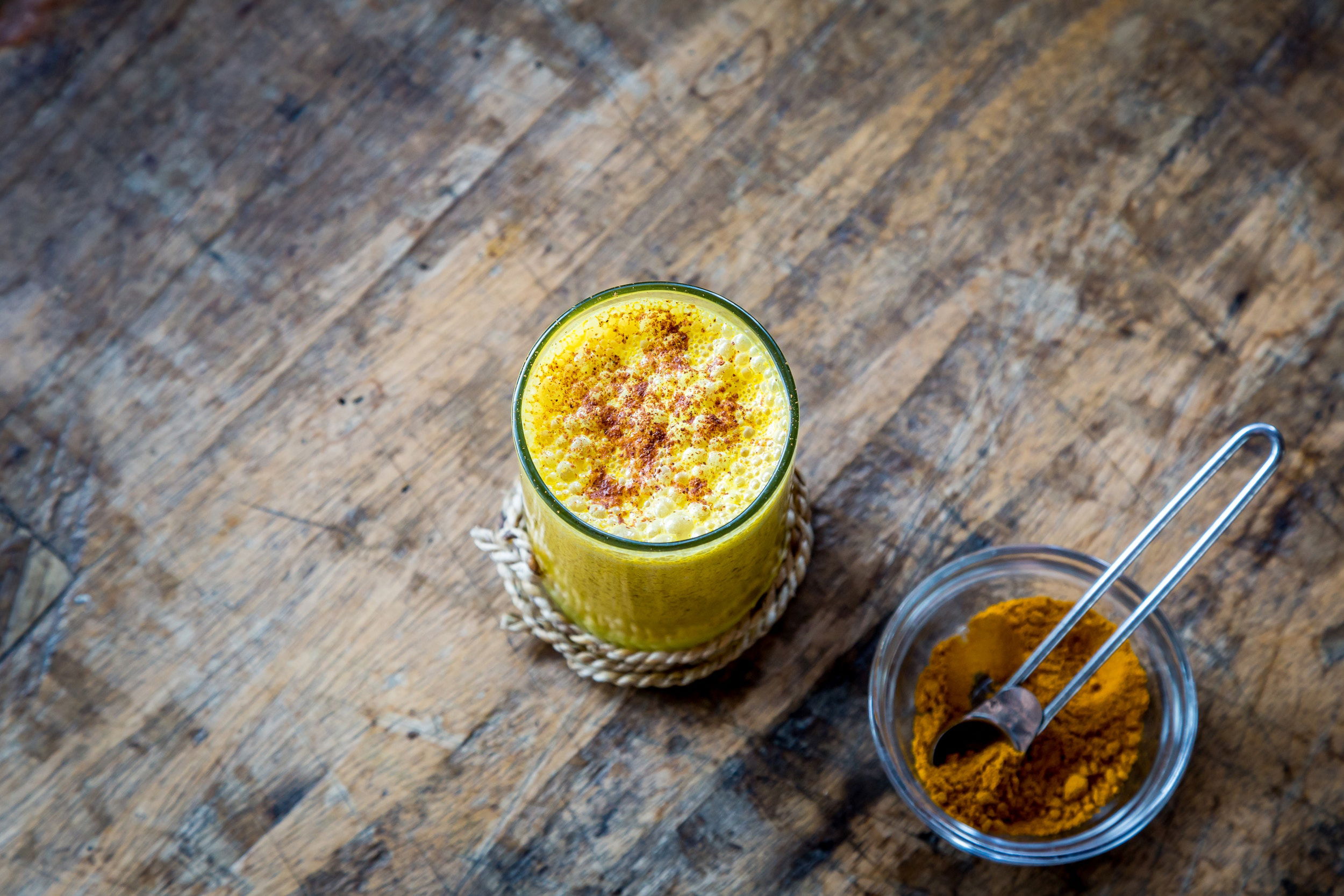Turmeric: Harnessing the Anti-Inflammatory Potential of the Golden Spice
Turmeric, a vibrant yellow spice derived from the root of the Curcuma longa plant, has been celebrated for centuries in traditional medicine for its potent healing properties. In recent years, it has gained widespread recognition in the Western world for its remarkable anti-inflammatory effects and numerous health benefits. The active compound responsible for many of these advantages is curcumin, which gives turmeric its distinctive color. In this comprehensive guide, we will explore the world of turmeric, unveil the secrets of its anti-inflammatory potential, delve into its various health advantages, and provide insights into incorporating it into your daily routine.

The Nutritional Treasure of Turmeric
Turmeric is renowned for its exceptional nutritional profile, offering a wide range of vitamins, minerals, and bioactive compounds:
1. Curcumin:
Curcumin is the primary bioactive compound in turmeric responsible for its anti-inflammatory and antioxidant effects. It has been extensively studied for its potential health benefits.
2. Vitamins:
Turmeric contains various vitamins, including vitamin C, vitamin E, and vitamin K, each contributing to different aspects of health.
3. Minerals:
Minerals like calcium, potassium, magnesium, and zinc are found in turmeric, supporting overall well-being.
4. Dietary Fiber:
Turmeric is a good source of dietary fiber, which aids in digestion and supports a healthy gut.
5. Curcuminoids:
Aside from curcumin, turmeric contains other curcuminoids with potential health benefits.
Health Benefits of Turmeric
The remarkable properties of turmeric, particularly curcumin, have been associated with a multitude of health benefits:
1. Anti-Inflammatory Effects:
Curcumin is a potent anti-inflammatory agent that helps reduce inflammation in the body, potentially lowering the risk of chronic diseases related to inflammation.
2. Antioxidant Properties:
Turmeric's antioxidants, including curcumin, help combat oxidative stress and protect cells from damage caused by free radicals.
3. Pain Relief:
Curcumin may provide natural pain relief and has been studied for its potential to alleviate symptoms in conditions like osteoarthritis and rheumatoid arthritis.
4. Heart Health:
Turmeric supports heart health by improving the function of the endothelium (the lining of blood vessels), reducing inflammation, and potentially lowering the risk of heart disease.
5. Brain Health:
Curcumin has been linked to improved brain function and a reduced risk of neurodegenerative diseases like Alzheimer's.
6. Cancer Prevention:
While more research is needed, some studies suggest that curcumin may help prevent and treat cancer by inhibiting the growth of cancer cells and reducing inflammation.
7. Digestive Health:
Turmeric's anti-inflammatory properties may support digestive health and alleviate symptoms in conditions like irritable bowel syndrome (IBS).
Incorporating Turmeric into Your Diet
Turmeric can be easily integrated into your daily routine through various culinary and supplemental methods:
1. Turmeric Powder:
Turmeric powder is the most common form of turmeric and can be added to a wide range of dishes, including curries, soups, stews, and smoothies.
2. Turmeric Tea or Golden Milk:
Turmeric tea or golden milk is a soothing beverage made by mixing turmeric with milk or a dairy-free alternative and adding spices like black pepper, which enhances the absorption of curcumin.
3. Curcumin Supplements:
Curcumin supplements are available for those who want to ensure they get a consistent dose of curcumin daily. It's essential to choose high-quality supplements from reputable sources.
4. Turmeric Capsules:
Turmeric capsules provide a convenient way to incorporate turmeric into your daily routine, especially if you prefer precise dosing.
A Word of Caution
While turmeric is considered safe for most people when used as a spice in cooking or as a supplement, it may interact with certain medications or cause digestive discomfort in high doses. If you have specific health concerns or are taking medications, it's advisable to consult with a healthcare professional before adding turmeric or curcumin supplements to your routine.

Conclusion
Turmeric, with its golden hue and potent anti-inflammatory properties, is a true gem in the world of natural remedies. Its active compound, curcumin, offers a wide range of health benefits, from reducing inflammation and oxidative stress to supporting heart and brain health. By incorporating turmeric into your daily diet through spices, teas, or supplements, you can tap into the potential of this golden spice and enhance your overall well-being.
Sources:
- National Center for Complementary and Integrative Health (NCCIH). "Turmeric." Read more
- Harvard T.H. Chan School of Public Health. "Curcumin." Read more
- Mayo Clinic. "Curcumin (Curcuma longa)." Read more
- University of Maryland Medical Center. "Turmeric." Read more
- National Cancer Institute. "Turmeric." Read more
- Cleveland Clinic. "Can Turmeric Help Prevent or Treat Type 2 Diabetes?" Read more